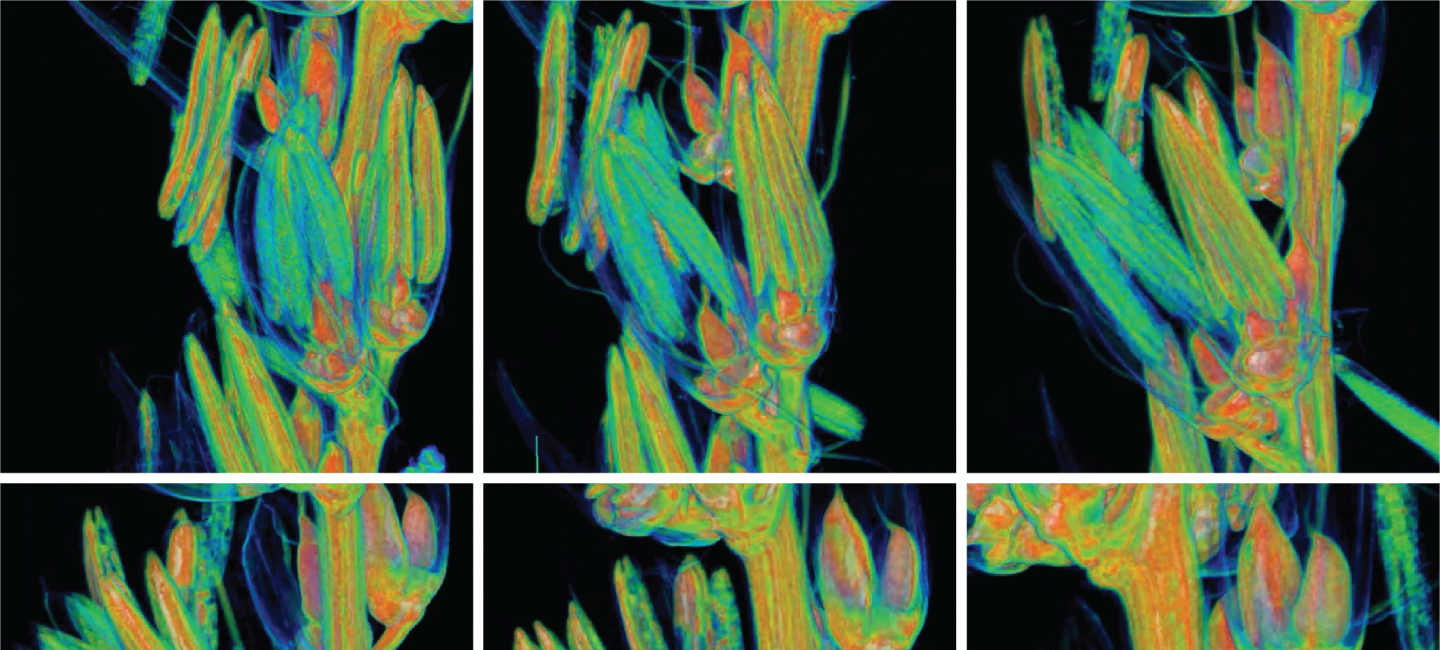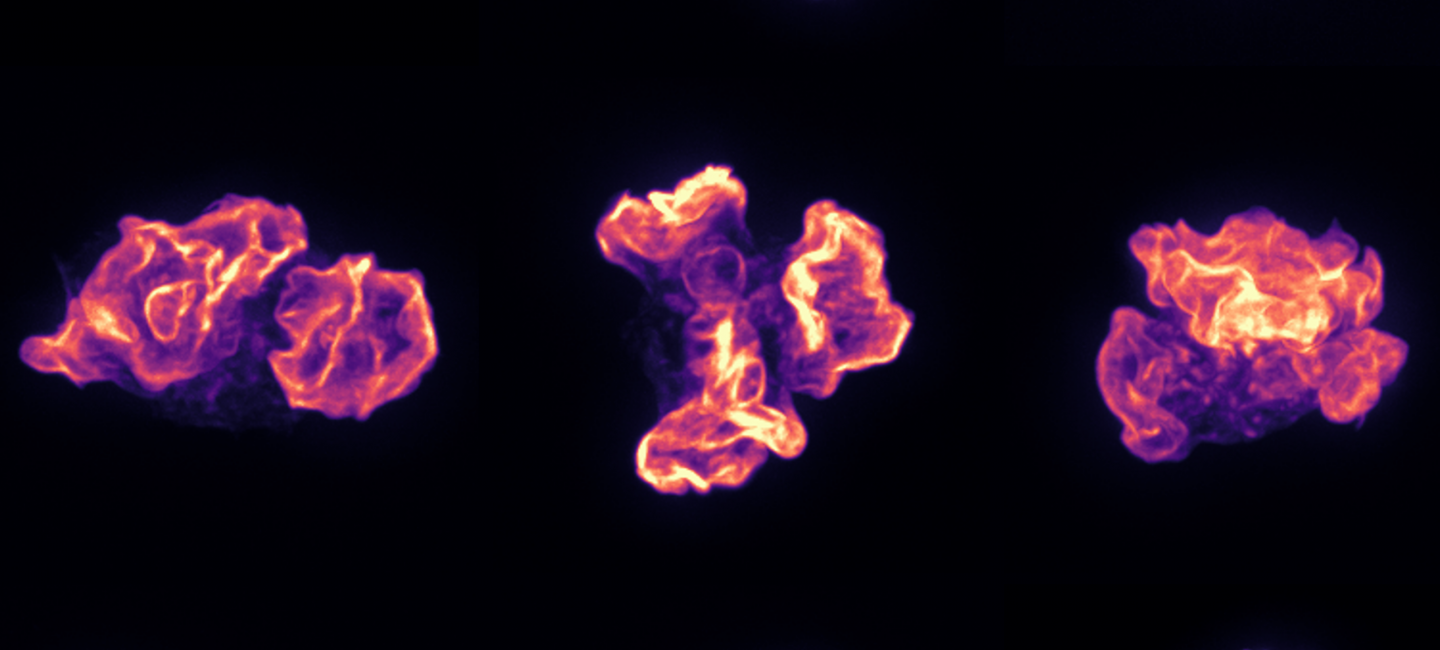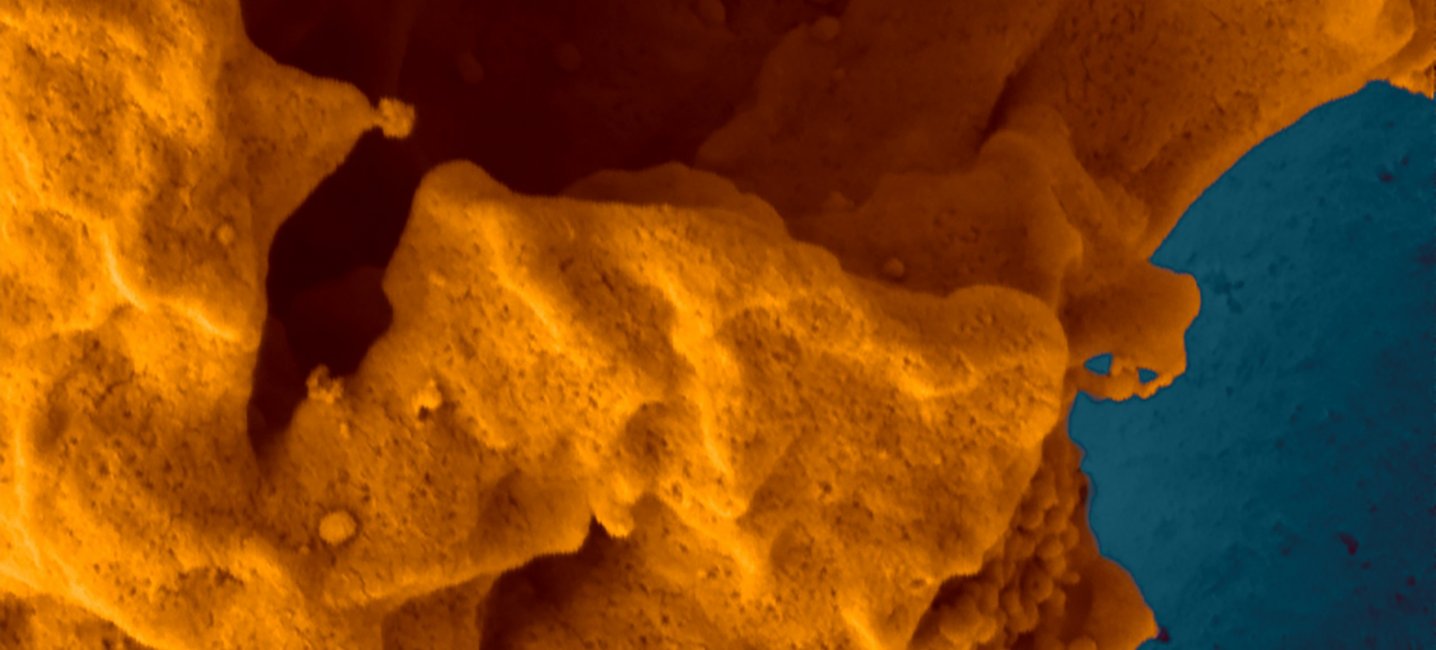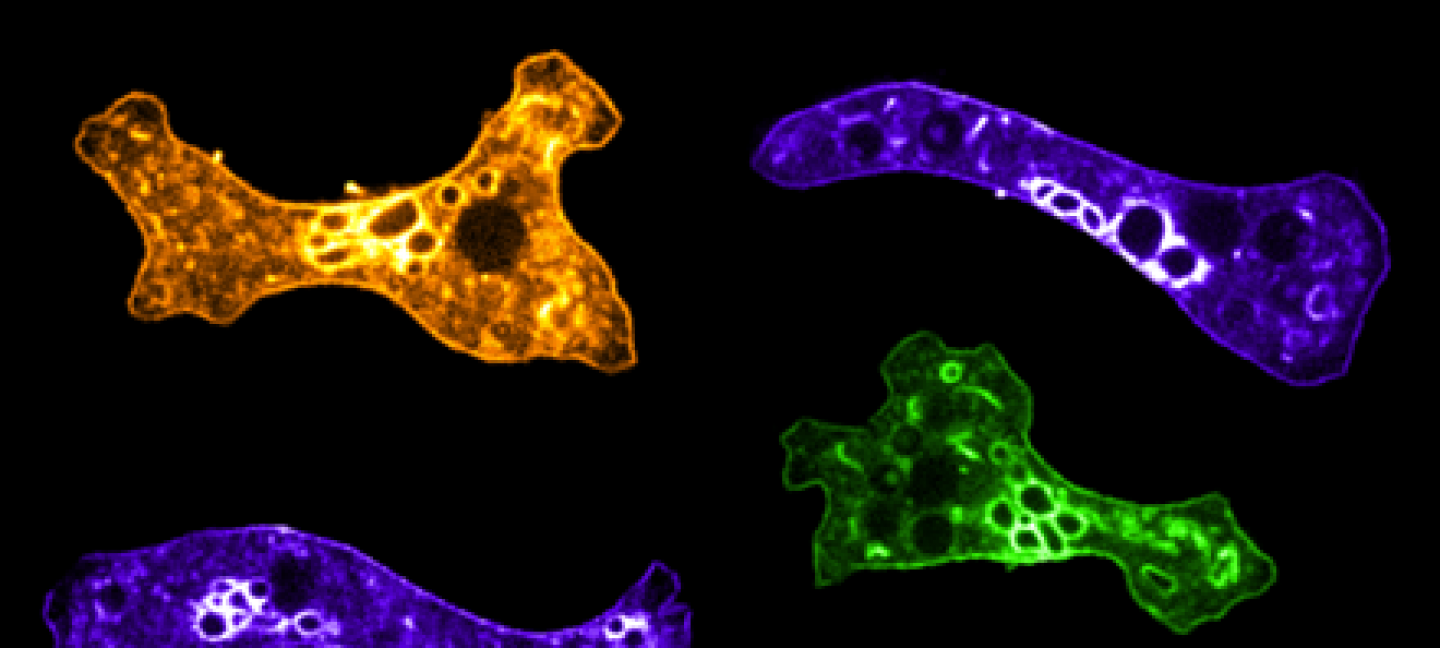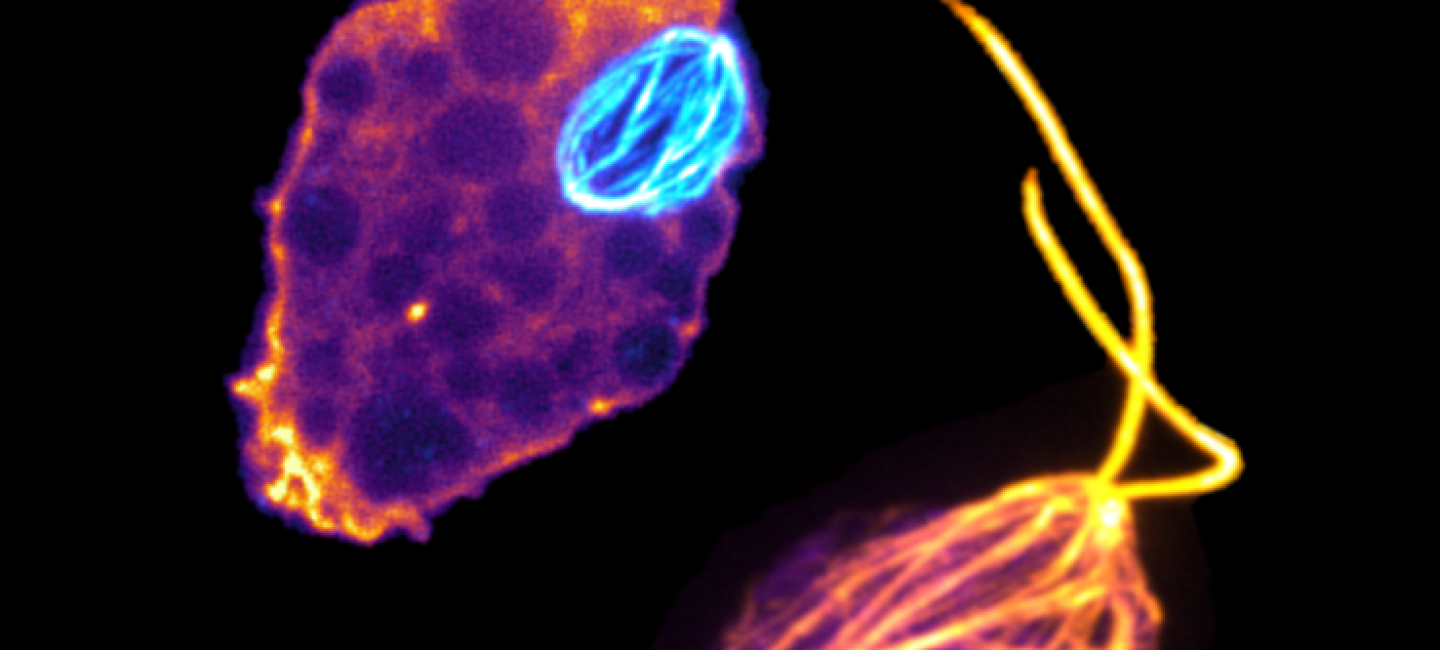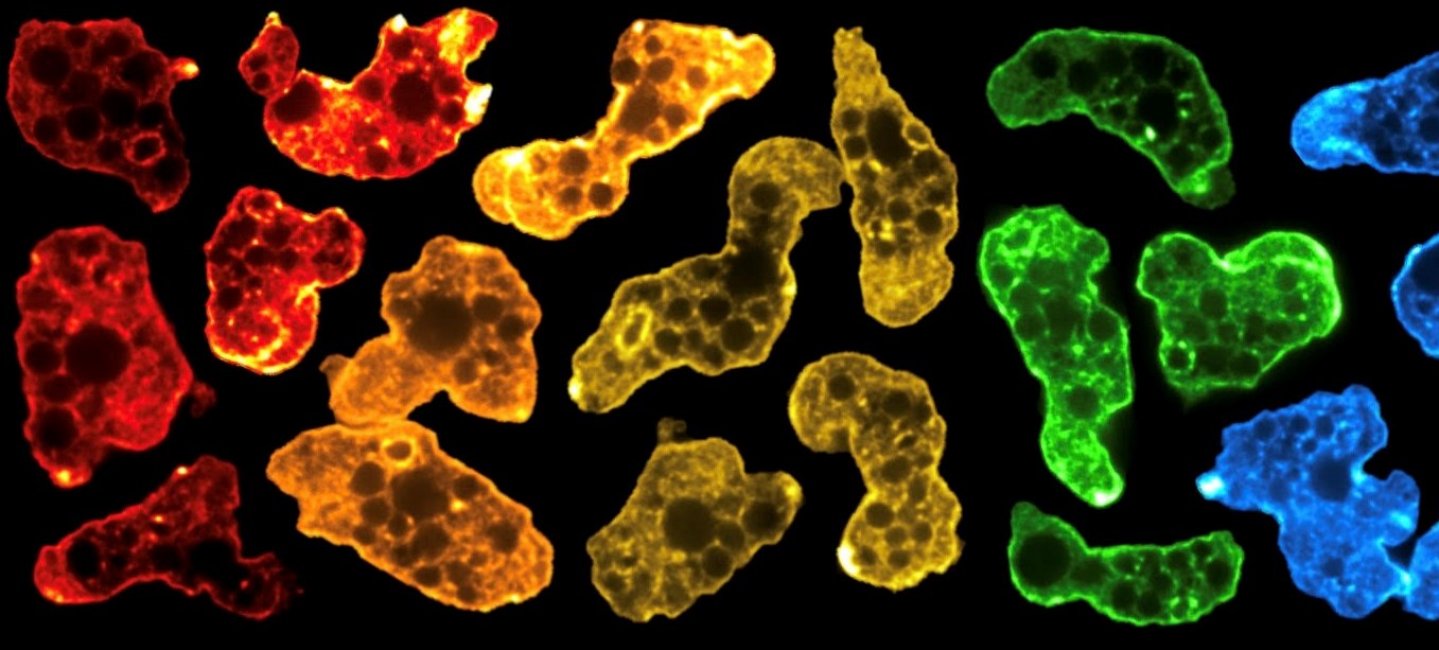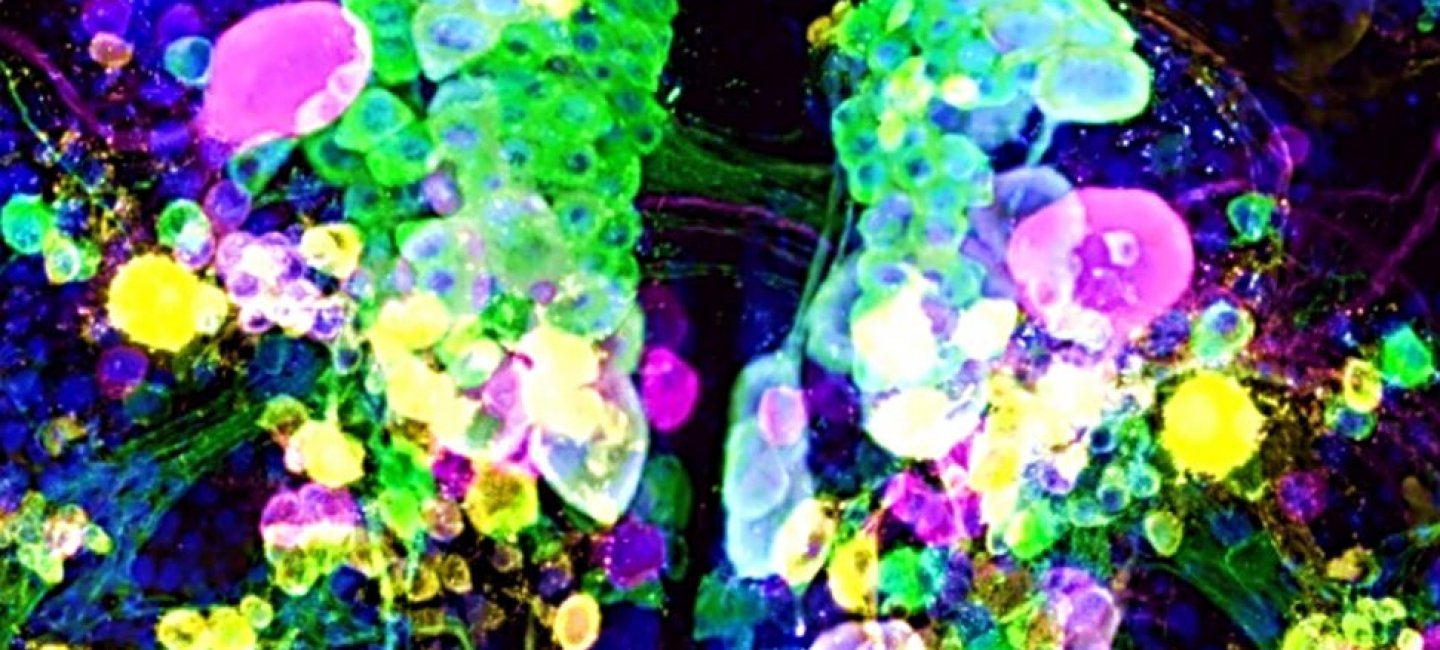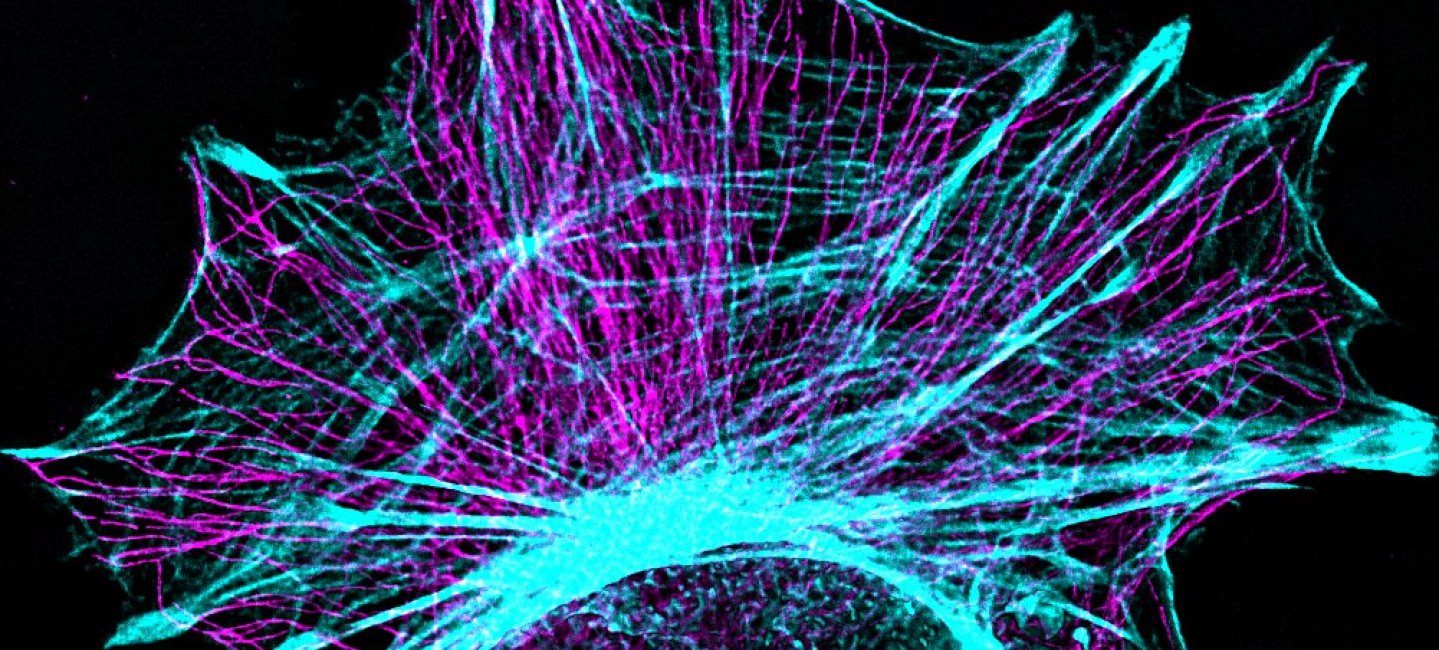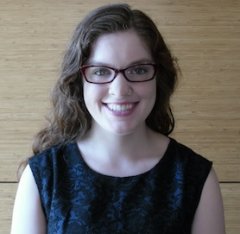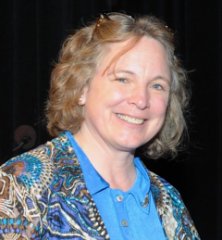News & Announcements
Archit Rastogi receives SfRBM 2019 Young Investigator Award
Archit Rastogi receives SfRBM 2019 Young Investigator Award
Archit Rastogi received the Irwin Fridovich YIA Award for one of the top two scored abstracts/presentations at Society for Redox Biology and Medicine Conference in November. These awards were made available to students and postdoctoral fellows based on a submitted abstract and the presentation of the work at the annual meeting, either in oral or poster symposia. Fifteen awards at $500 each and one Undergraduate Award at $200 were presented at the SfRBM 2019 Awards Banquet in Las Vegas. Archit works in the Timme-Laragy lab, and his talk title was "Pancreatic Nrf2 expression and organ morphogenesis is altered by Glutathione modulation in the Developing Zebrafish (Danio rerio) Embryo." Read more
Jason Pizzollo PhD dissertation defense
Jason Pizzollo PhD dissertation defense
Wednesday, December 4, 2019
10:00 AM
Life Sciences Laboratory, Room N410
Dissertation Title: “Characterizing adaptive non-coding changes in the regulation of human gene expression”
Advisor: Courtney Babbitt
Trisha Zintel PhD dissertation defense
Trisha Zintel PhD dissertation defense
Wednesday, November 20, 2019
9:00 AM
Life Sciences Laboratory, Room N410
Dissertation Title: “De-coding the impact of evolved changes in gene expression and cellular phenotype on primate evolution”
Advisor: Courtney Babbitt
Korin Albert PhD dissertation defense
Korin Albert PhD dissertation defense
Wednesday, November 20, 2019
1:00 PM
Morrill 4 South, Room 345A
Dissertation Title: “Exploring signatures of host-microbial coevolution between colonic Bifidobacterium species and host dietary carbohydrates”
Advisor: David Sela
UMass Amherst Researchers Develop New Technology to Detect Foodborne Disease
UMass Amherst Researchers Develop New Technology to Detect Foodborne Disease
University of Massachusetts Amherst food scientist Matthew Moore has received two grants from the USDA to apply new technology in an effort to more quickly detect and trace foodborne disease caused by noroviruses and bacteria.
Under the USDA’s Agriculture and Food Research Initiative, Moore and Min Chen, a UMass Amherst associate professor of chemistry, received a $490,000 grant to develop and evaluate a portable sensing device capable of both identifying and subtyping foodborne pathogens, including bacteria and viruses. “Human noroviruses and Salmonella enterica are the leading causes of foodborne illness and foodborne death in the United States, respectively,” Moore says. “One of the major elements to control these pathogens is the ability to rapidly and portably detect them. Dr. Chen has developed an extremely promising sensing platform that has shown great results for clinical applications, and we hope to translate that progress to pathogenic microorganisms.”
In related research funded under the USDA’s Improving Food Safety Program, Moore and University of Florida food microbiologist Melissa Jones were awarded a $250,000 grant to use a new and potentially more effective way to concentrate and identify human noroviruses from food and environmental samples. Read more
Antibiotic Resistance Expert Peg Riley to Moderate Webinar Panel
Antibiotic Resistance Expert Peg Riley to Moderate Webinar Panel
International expert Margaret “Peg” Riley, professor of biology, will moderate a panel discussion on the webinar, “Antibiotic Resistance, How Investors Can Stem this Global Trend,” from 2 to 2:45 p.m. on Tuesday, Nov. 19, hosted by New York City-based market intelligence firm, Boundless Impact Investing.
Riley is an expert in the evolution of microbial resistance and a member of the board of directors of Boston-based Alliance for the Prudent Use of Antibiotics, an organization that has called for aggressive action to promote development of new antibiotics and rapid diagnostic tests for resistant bacteria. Antibiotics are some of the most commonly prescribed medicines in the world, and overuse and misuse are the most important factors leading to antibiotic resistance, Riley points out. Read more
Eminent research on flu antigens took MCB Alumnus Robert Daniels back to USA
Eminent research on flu antigens took MCB Alumnus Robert Daniels back to USA
Intellectual freedom and the opportunity to start his own research group once lured Robert Daniels (PhD, Hebert Lab) to Stockholm University and the Department of Biochemistry and Biophysics. After nine years of eminent academic research, he landed a prestigious job in the US. Still, his focus is the same: to apply basic membrane protein folding principles to modernize and improve the antigens in seasonal influenza vaccines.
During his sojourn at Stockholm University, Robert Daniels became Associate Professor at the Department of Biochemistry and Biophysics. He also built an international reputation as a distinguished influenza researcher. Since June 2019, Robert Daniels has been the principal investigator for a group that studies influenza viruses at the Center for Biologics Evaluation and Research within the US Food and Drug Administration (FDA) – a US government agency that regulates therapeutics including vaccines. Read more
Credits: Photo: Niklas Björling; Text: Henrik Lundström; Page editor: Alexander Tuuling
Bioanalytical Chemist is Inventing New DNA-based Probes
Bioanalytical Chemist is Inventing New DNA-based Probes
Assistant professor Mingxu You, chemistry, recently received a five-year, $1.9 million NIH Maximizing Investigators’ Research Award (MIRA) to fund his research in developing new tools – DNA-based probes – to quantify intercellular mechanical forces and understand a variety of mechano-sensitive cell signaling events at the molecular level.
The You Lab, which includes postdoctoral researcher Bin Zhao and chemistry Ph.D. students Yousef Baheri and Puspam Keshri, will collaborate with other MCB faculty, including Tom Maresca in Biology, Barbara Osborne and Lisa Minter in Veterinary and Animal Sciences, and Yubing Sun in Mechanical and Industrial Engineering, to further develop these DNA-based tools to visualize, monitor and quantify such cellular forces. Read more
UMass Amherst-led Cross-disciplinary Research Examines Fertility Impacts of Male Environmental Exposure
UMass Amherst-led Cross-disciplinary Research Examines Fertility Impacts of Male Environmental Exposure
A cross-disciplinary team of scientists, led by University of Massachusetts Amherst environmental epigeneticist Richard Pilsner, will use a three-year, $1.6 million grant from the National Institute of Environmental Health Sciences (NIEHS) to expand research into the impact of phthalate exposure on male fertility. The three-year grant is part of the NIEHS initiative known as ViCTER (Virtual Consortium for Translational/Transdisciplinary Environmental Research). The program aims to stimulate unconventional partnerships among environmental health scientists in an effort to accelerate breakthroughs in research.
The new award’s co-investigators are reproductive biologists Pablo Visconti, a UMass Amherst professor of veterinary and animal sciences, and Sarah Kimmins, associate professor and Canada Research Chair in Epigenetics, Reproduction and Development at McGill University in Montreal. Read more
Lauren Andrews receives Collaborative Research Seed Grant
Lauren Andrews receives Collaborative Research Seed Grant
The recipients of ADVANCE’s first Collaborative Research Seed Grants have been announced. The competitive grants aim to foster the development of innovative and equitable collaborative research projects among faculty. Lauren Andrews and Jessica Schiffman have received the award for their project, "Elucidating mechanoselective adhesion and antibiotic resistance for catheter-associated bacterial infections using genomics approaches.”
The project explores the genetic underpinnings of bacterial cell adhesion to catheter coatings to inform the development of infection-resistant catheters. This interdisciplinary team combines Schiffman’s expertise in materials science with Andrews’ in synthetic biology to study how the mechano-chemical properties of catheters impact cell adhesion and in the development of CRISPR-based genomic tools for uropathogenic E.coli and a novel library of tunable biomaterials. Read more
